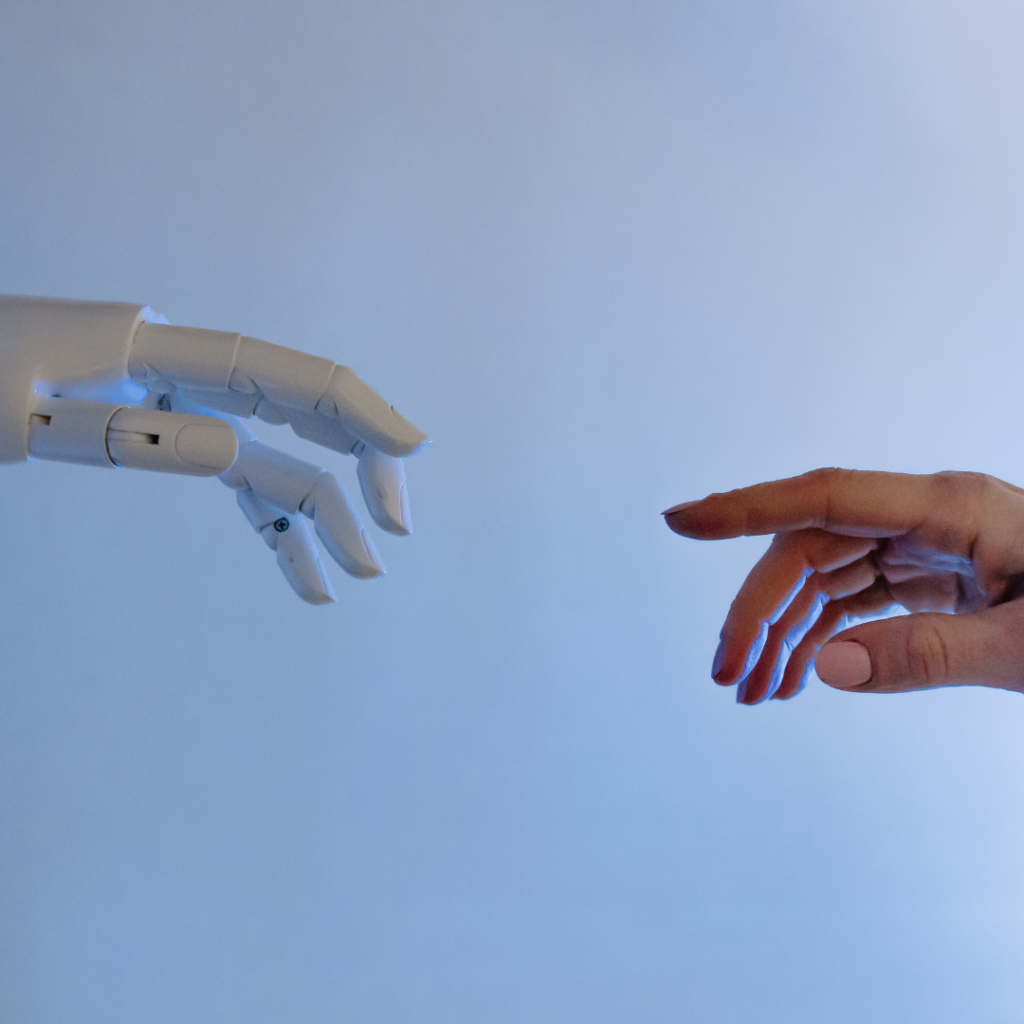

AI at the Helm: How Autonomous Ships Will Support Human Crews
By: Jake M. Viernes
You might have heard of some projects that are developing and testing autonomous ships, such as the Mayflower Autonomous Ship, the Yara Birkeland, or the Zhi Fei. These are ships that can navigate, steer, and perform other functions without needing human intervention on board. They use advanced technologies like sensors, artificial intelligence, and self-learning systems to operate safely and efficiently.
But what does this mean for the traditional ships that are still manned by human crews? Are they going to be replaced or threatened by these autonomous vessels? The answer is no. Autonomous ships and AI are not designed to meddle with human-controlled and navigated ocean vessels. In fact, they are meant to complement and cooperate with them.

Here are some reasons why:
- Autonomous ships and AI can improve safety and reduce human error. According to a study by Allianz, between 75% and 96% of maritime accidents are caused by human error⁴. Autonomous ships and AI can help to prevent or mitigate these accidents by using collision avoidance systems, weather forecasting, and optimal route planning. They can also reduce the risk of piracy, smuggling, and terrorism by being less vulnerable to attacks or hijacking.
- Autonomous ships and AI can increase efficiency and reduce environmental impact. Autonomous ships and AI can optimize fuel consumption, speed, and cargo capacity, resulting in lower costs and emissions. Some autonomous ships, such as the Yara Birkeland, are also powered by renewable energy sources, such as solar panels or batteries, making them zero-emission vessels. Autonomous ships and AI can also enable faster and more reliable delivery of goods and services, especially in remote or inaccessible areas.
- Autonomous ships and AI can support marine research and exploration. Autonomous ships and AI can collect and analyze large amounts of ocean data, such as water quality, temperature, salinity.

Autonomous ships are vessels that can operate without human intervention, using artificial intelligence, sensors, and communication systems to navigate, avoid collisions, and perform other tasks. They are becoming more attractive for the shipping industry, as they promise to improve safety, reduce costs, increase efficiency, and lower emissions. However, autonomous ships also face many challenges and risks, such as cyberattacks, legal and ethical issues, technical limitations, and social acceptance. Therefore, the debate on whether autonomous ships should be widely adopted is still ongoing and complex.
– JMV
Make your life worthwhile, and to the world before you. BE RELEVANT!
Quick Links
©2023. All Rights Reserved
